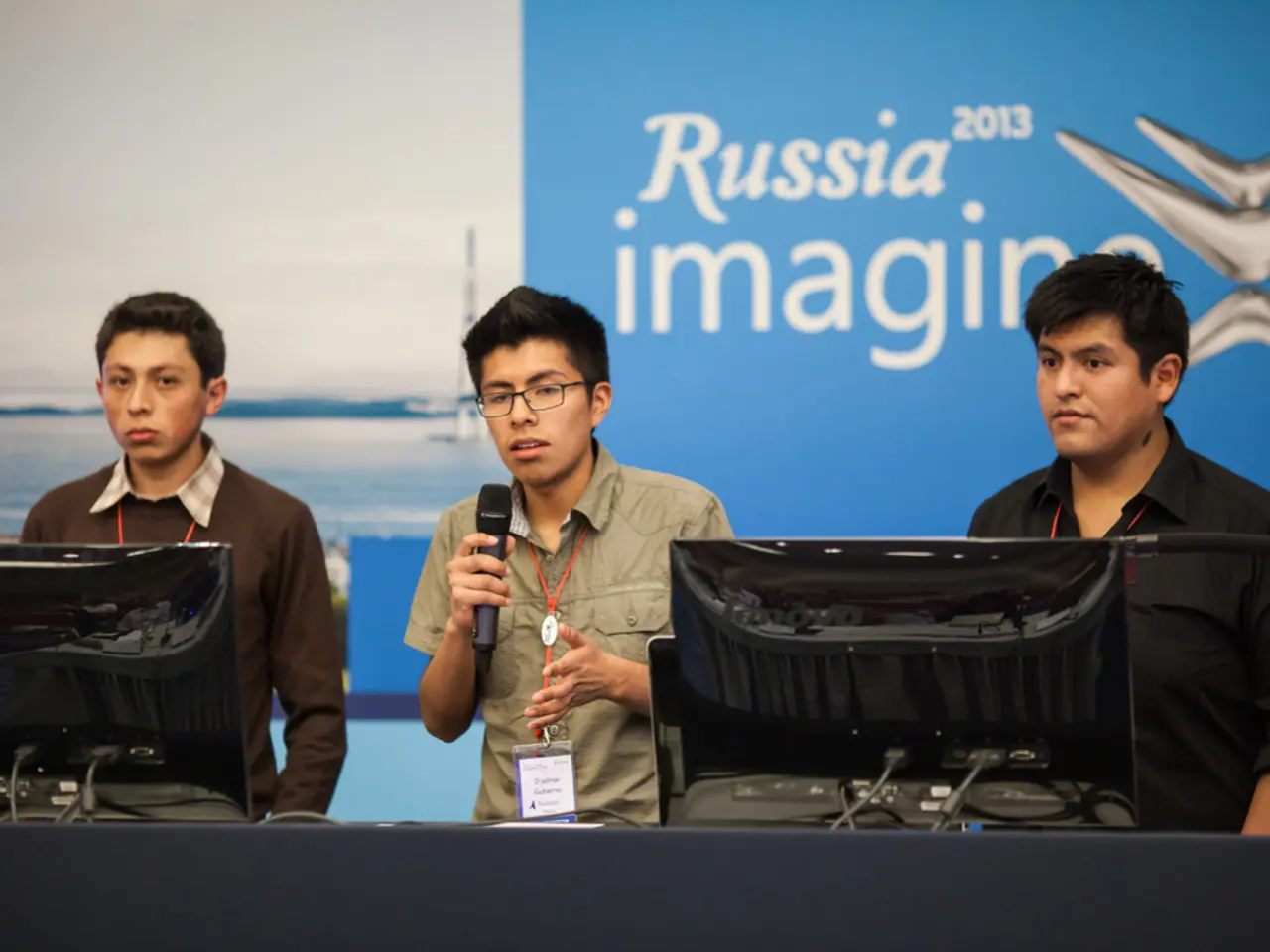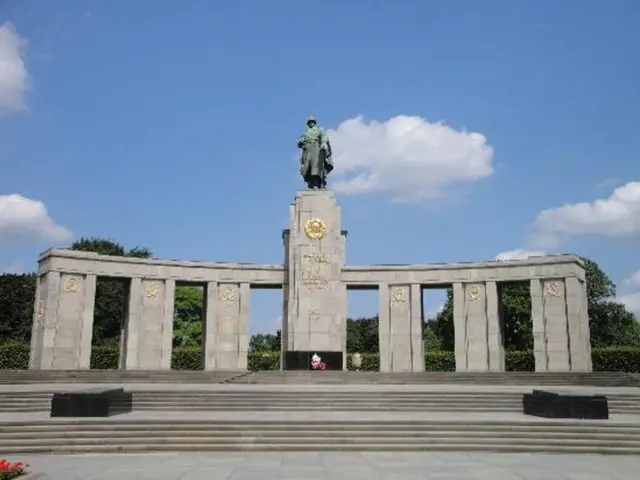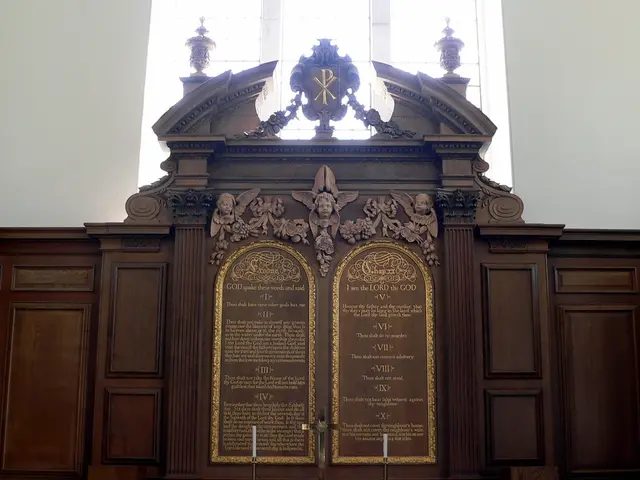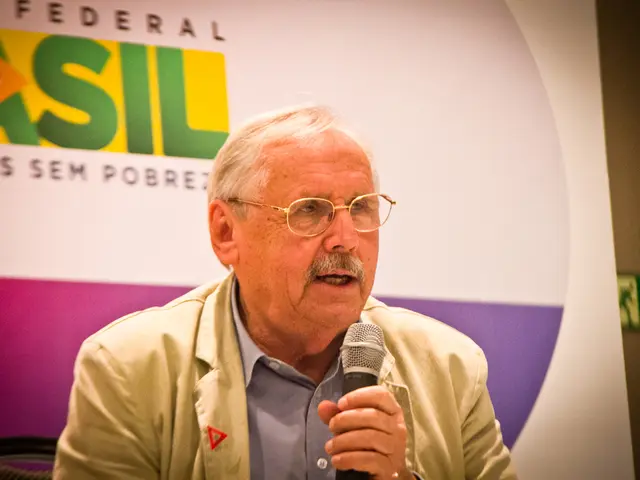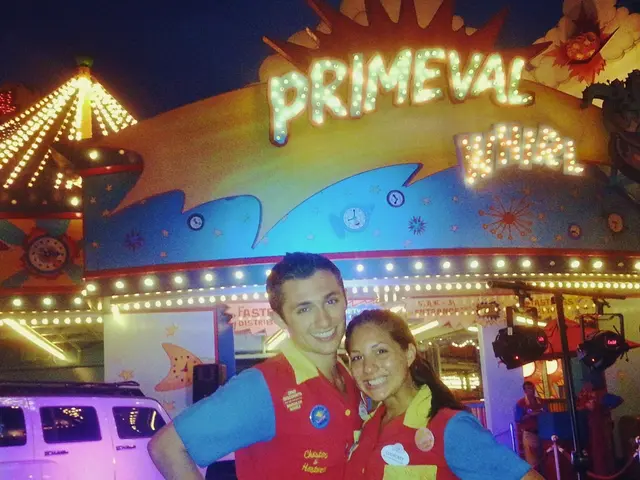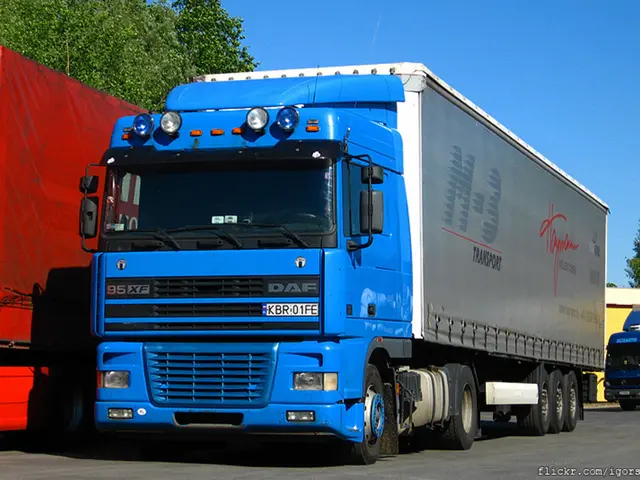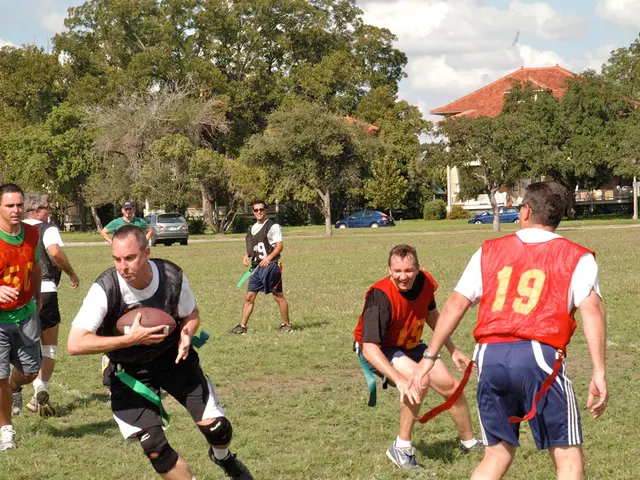Putin allegedly seeks to incorporate the remainder of Ukraine's Donetsk region in a planned truce, according to Zelensky's statements.
The ongoing conflict in Ukraine, now in its fourth year, continues to be a source of concern for both the Europeans and Ukraine. The latest development sees Russian forces closing in on the city of Pokrovsk in the Donetsk region, raising tensions and fears that Russian President Vladimir Putin might secure favorable concessions and set the outlines of a peace deal without the involvement of the Europeans.
The United States, under President Donald Trump, has been leading diplomatic discussions aimed at ending the war in Ukraine. However, these discussions have not touched on security guarantees for Ukraine to prevent future Russian aggression, a critical concern for Kyiv.
Ukrainian President Volodymyr Zelensky learned of Russia's position after holding a call with US President Donald Trump and special envoy Steve Witkoff, following Witkoff's bilateral meeting with Putin. Witkoff informed Zelensky that Russia was ready to end the war and that there should be territorial concessions from both sides.
However, a key demand from Russia in the ongoing ceasefire negotiations is that Ukraine cede the entirety of the Donetsk Oblast, including strategically vital unoccupied territories, as well as Luhansk Oblast and Crimea, to Russia. This demand also includes a freeze in the frontline in other contested areas such as Kherson and Zaporizhia oblasts.
Zelensky categorically rejected this proposal, stating that it would be unconstitutional and would serve as a springboard for a future Russian invasion. Ukraine, under Zelensky, has expressed readiness for bilateral or trilateral negotiations involving the U.S., but the willingness to cede such large territories remains a critical issue.
The Europeans, including Germany, will make a fresh attempt to rally Trump to Ukraine's cause at virtual meetings on Wednesday, convened by German Chancellor Friedrich Merz. The current format of discussions does not include Europe's participation, which is a key demand of Kyiv.
Moreover, there is a proposal for a strikes moratorium preceding a ceasefire and peace agreement, discussed diplomatically, but concerns remain that Russia may violate such agreements, weaponizing ceasefires to blame Ukraine.
In summary, the key demands and proposals shaping the current ceasefire negotiations over the Donetsk region include Russia's demand for a full cession of Donetsk Oblast, Luhansk Oblast, and Crimea, a freeze in the frontline in Kherson and Zaporizhia oblasts, a possible strikes moratorium before a ceasefire, Ukraine's readiness to negotiate, but no clear acceptance of cessions, the possibility of trilateral talks involving Ukraine, Russia, and the U.S., and the risk of Russia violating ceasefires, especially strikes. The Europeans and Ukraine are wary that Putin might secure favorable concessions and set the outlines of a peace deal without their involvement.
Read also:
- Discussion between Putin and Trump in Alaska could potentially overshadow Ukraine's concerns
- Massive 8.8 earthquake hits off the coast of Russia's Kamchatka Peninsula, prompting Japan to issue a tsunami alert.
- Court petitions to reverse established decision on same-sex marriage legalization
- Independence supporters in New Caledonia refuse agreement offering authority without a vote on sovereignty
